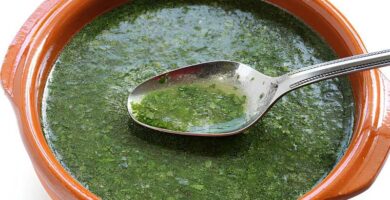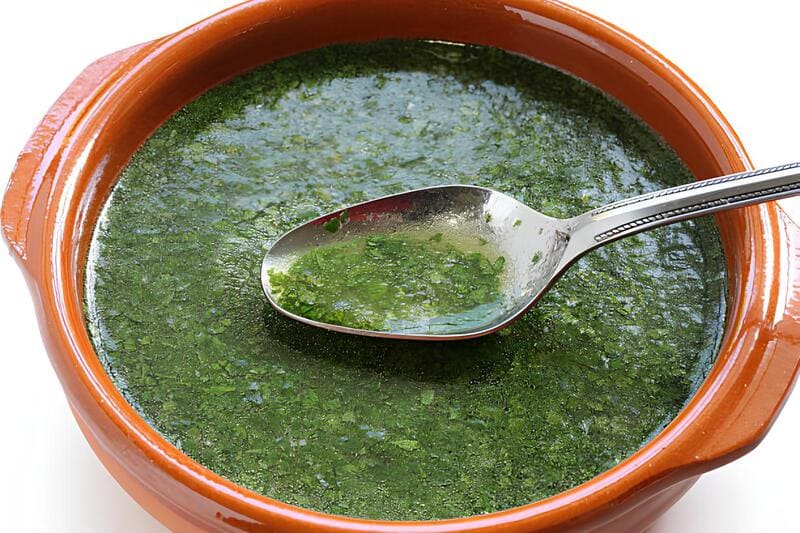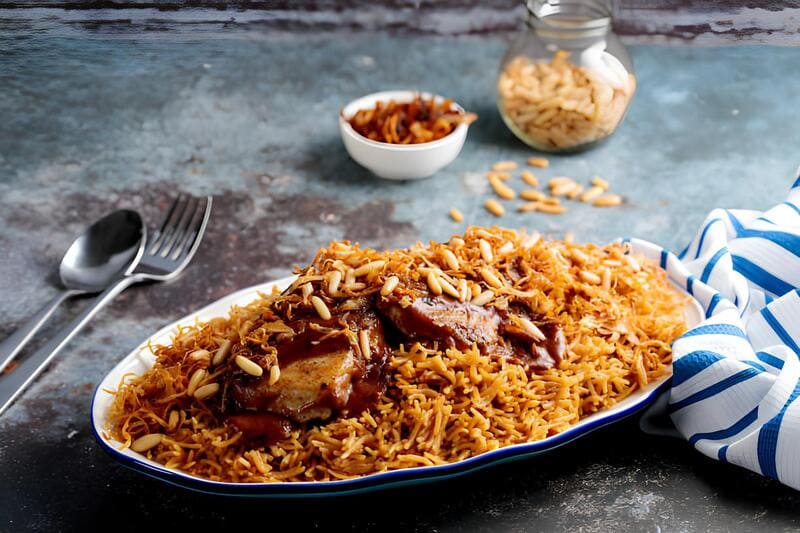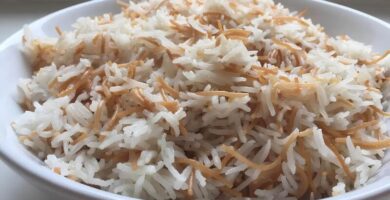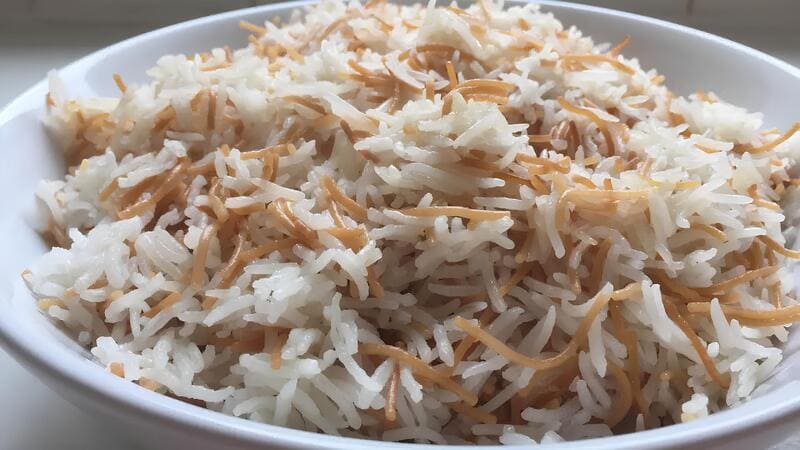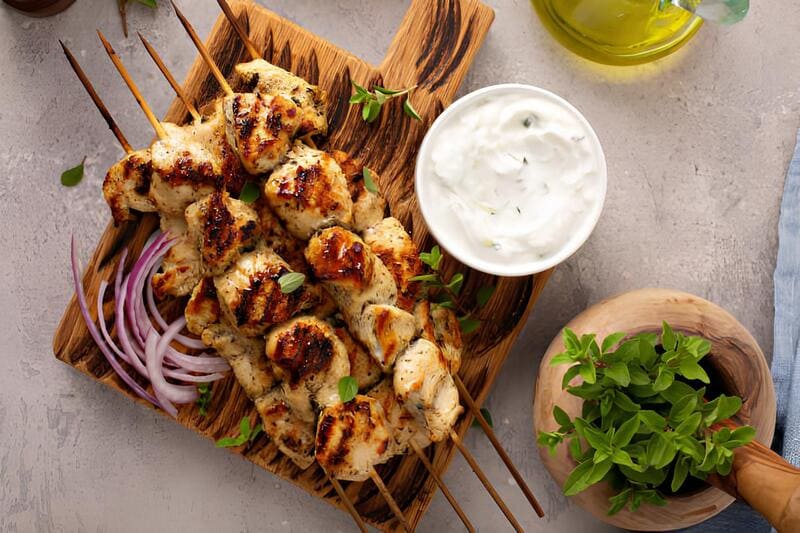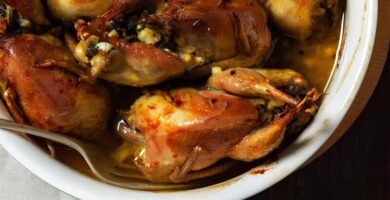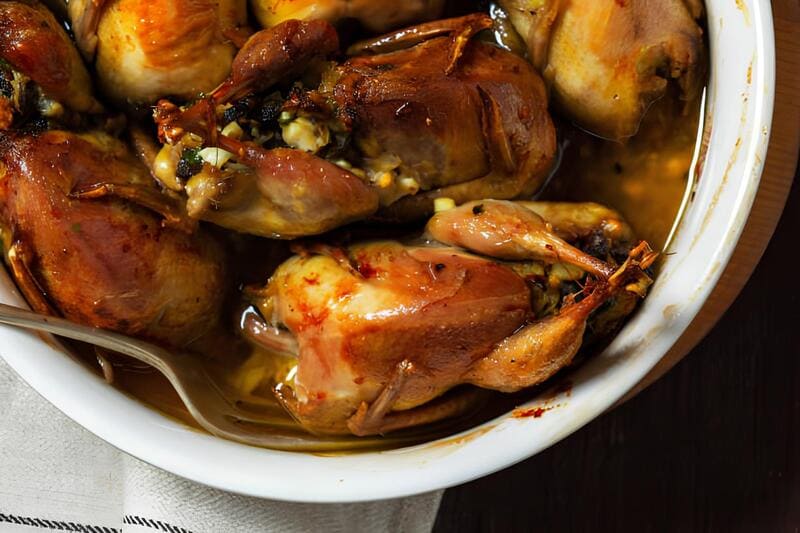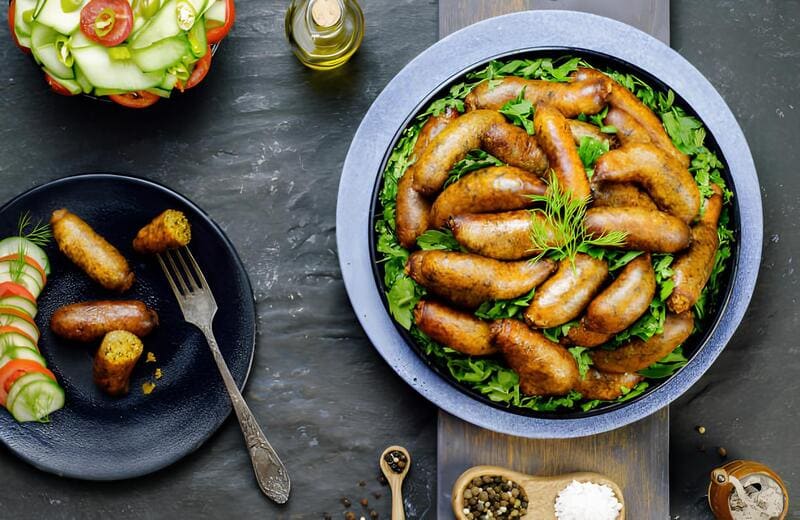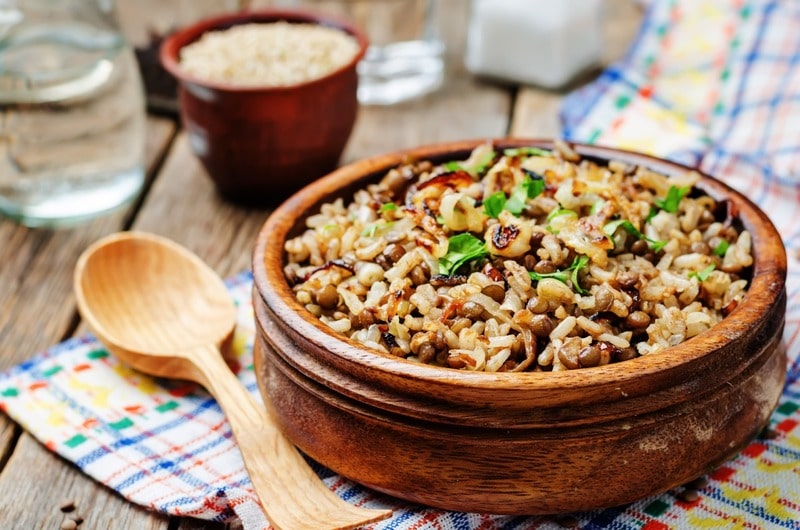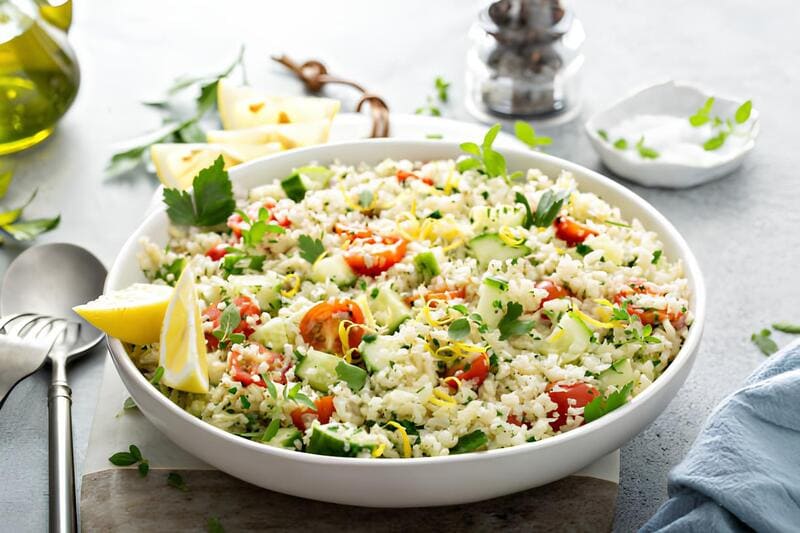
History meets modernity in this delightful rice tabbouleh, a unique twist on the traditional Middle Eastern dish. Typically made with bulgur wheat, this version substitutes with hearty brown rice, transforming the salad into a fiber-rich, whole-grain delight. The vibrant flavors of fresh vegetables paired with zesty lemon and olive oil make this dish not just nutritious but irresistibly refreshing.
Tabbouleh, also known as tabouli, is popular across various Middle Eastern cultures, including Lebanese, Egyptian, Turkish, and Moroccan traditions. This rice adaptation, while deviating from its traditional origins, still captures the essence of a dish cherished for its fresh, bright, and bold flavors. Let’s dive into this easy and authentic recipe.
Ingredients
- 2 tablespoons lemon juice
- 2 tablespoons olive oil
- 2 cups cooked brown rice
- 3 cups chopped scallions
- 2 cups chopped flat-leaf parsley
- 2 cups chopped tomatoes
- 1 cucumber, chopped
Preparation
- Juice a lemon to yield 2 tablespoons. Combine the lemon juice with 2 tablespoons of olive oil in a bowl.
- Add 2 cups of cooked brown rice to the lemon and olive oil mixture. Toss to infuse the flavors.
- Incorporate 3 cups of chopped scallions and 2 cups of chopped flat-leaf parsley into the rice mixture.
- Stir in 2 cups of chopped tomatoes.
- Finally, add one chopped cucumber to the mixture, blending thoroughly.
- Adjust seasoning if desired, and your rice tabbouleh is ready to be served.
Did you know?
Tabbouleh is not just a delicious salad; it comes packed with numerous benefits. Traditionally rooted in Arabic origin, this salad is incredibly low in calories and high in vital nutrients, thanks to ingredients like parsley, which is rich in vitamins K, C, and A.
The use of brown rice in this variant further boosts its health profile by adding more dietary fiber, which can help in regulating blood sugar levels—a crucial advantage for people managing diabetes.
This simple yet versatile dish can be easily customized with other vegetables, making it a perfect addition to any Middle Eastern-inspired meal. Whether you enjoy it as a standalone dish or a side, this adaptation will surely win you over with its vibrant flavors and health benefits.

